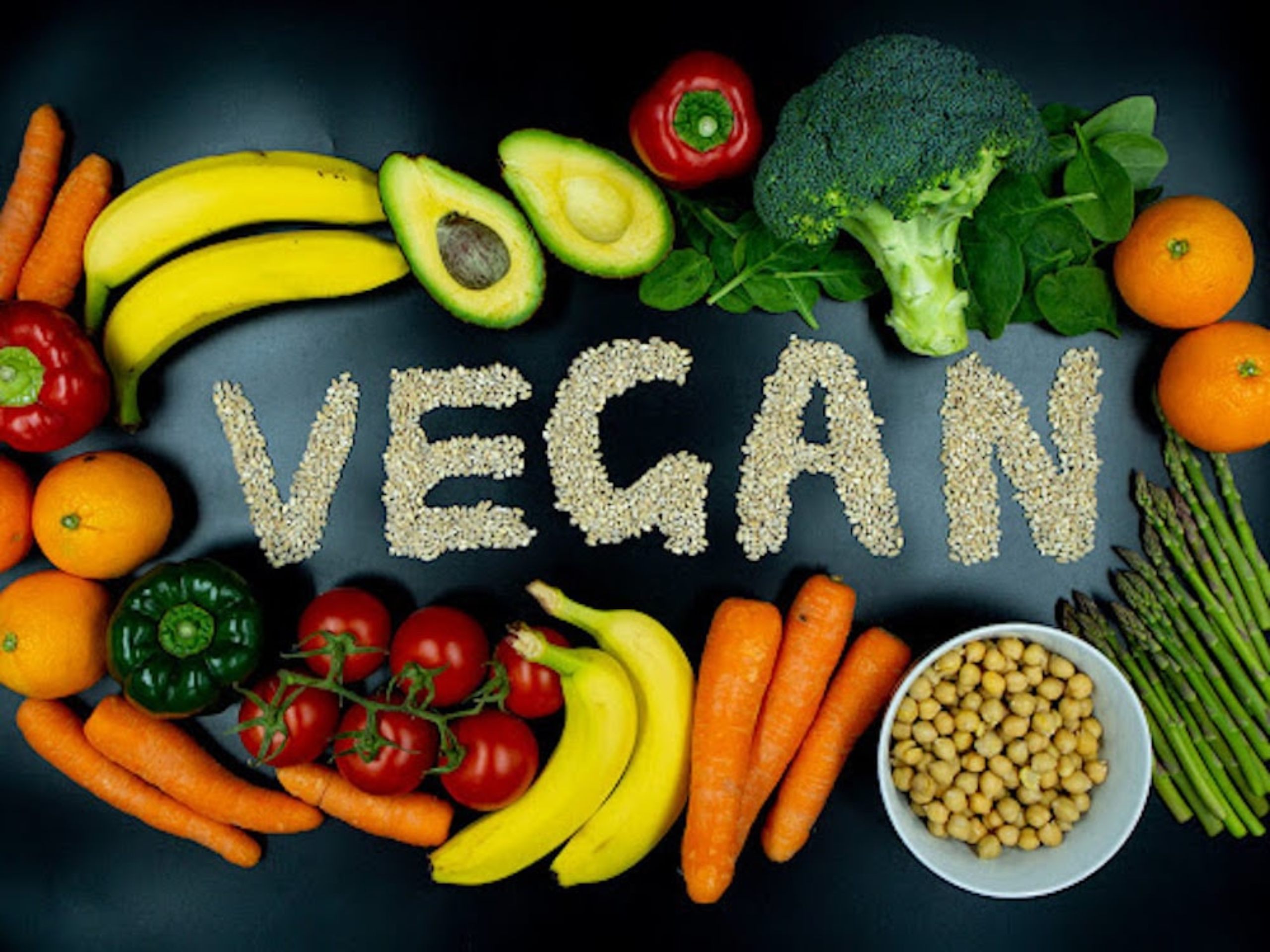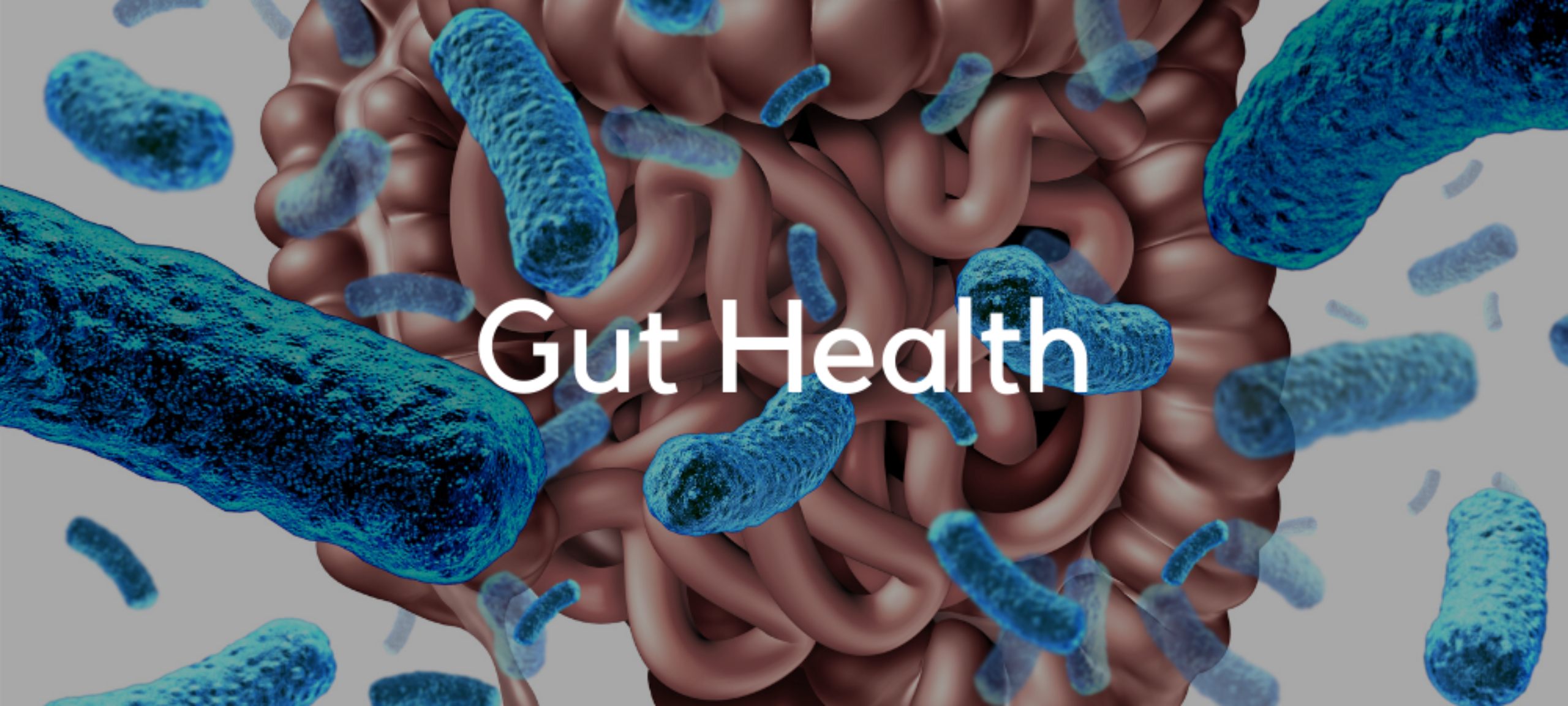In an era where health-conscious individuals seek to make informed dietary choices, the realm of nutrition and diet has evolved significantly. Four key trends have gained prominence in recent years, reshaping the way we approach food and nourishment. These trends include the adoption of plant-based diets and veganism, the practice of intermittent fasting and time-restricted eating, the focus on gut health and the microbiome, and the emergence of personalized nutrition guided by DNA-based diets.
This comprehensive guide explores these dietary trends, shedding light on their principles, benefits, and potential considerations. Whether you’re interested in embracing a more plant-based lifestyle, experimenting with fasting, optimizing your gut health, or tailoring your diet based on your genetic makeup, this article will provide you with valuable insights to make informed choices about your nutrition and overall well-being.
Table of Contents
TogglePlant-Based Diets and Veganism
Embracing Plant-Powered Nutrition
Plant-based diets and veganism have gained immense popularity for their potential health benefits, ethical considerations, and environmental impact. In this section, we delve into the fundamental principles of these dietary choices.
What Is a Plant-Based Diet?
Exploring the concept of plant-based diets, their variations (e.g., vegetarian, vegan), and the emphasis on whole, plant foods while reducing or eliminating animal products.
The Rise of Veganism
Examining the reasons behind the surge in veganism, from animal welfare and environmental concerns to potential health advantages.
Health Benefits of Plant-Based Diets
Discussing the numerous health benefits associated with plant-based diets, such as improved heart health, weight management, and reduced risk of chronic diseases.
Practical Tips for Transitioning
Providing actionable advice for those considering a shift to plant-based eating, including meal planning, sourcing plant-based protein, and overcoming common challenges.

Intermittent Fasting and Time-Restricted Eating
The Science of Fasting
Intermittent fasting (IF) and time-restricted eating (TRE) have gained attention for their potential to promote weight loss, metabolic health, and longevity. In this section, we explore the principles and practices of these dietary approaches.
Understanding Intermittent Fasting
Explaining the various methods of intermittent fasting, including the 16/8 method, 5:2 diet, and alternate-day fasting, and their potential effects on the body.
Benefits of Intermittent Fasting
Discussing the science behind IF and its potential benefits, such as improved insulin sensitivity, cellular autophagy, and weight management.
Time-Restricted Eating
Exploring the concept of time-restricted eating, where meals are confined to specific time windows, and its effects on circadian rhythms and metabolism.
Incorporating IF and TRE Safely
Providing guidance on how to start and maintain intermittent fasting or time-restricted eating safely and effectively, including considerations for special populations.

Gut Health and the Microbiome
The Gut-Brain Connection
Emerging research has highlighted the vital role of gut health and the microbiome in overall well-being, including mental health and immunity. In this section, we delve into the world of the gut microbiome and its implications for health.
The Gut Microbiome Explained
Defining the gut microbiome, its composition, and its role in digestion, nutrient absorption, and immune function.
Gut Health and Immunity
Exploring the strong connection between gut health and immune system function, with a focus on preventing illness and maintaining overall health.
Gut Health and Mental Well-being
Discussing the intriguing link between the gut and brain, including how gut health can impact mood, cognition, and mental health conditions.
Nurturing a Healthy Microbiome
Providing practical tips for maintaining a healthy gut microbiome, including dietary choices, prebiotics, probiotics, and lifestyle factors.

Personalized Nutrition and DNA-Based Diets
The Era of Personalized Eating
Advancements in genetic research have given rise to the concept of personalized nutrition, where dietary recommendations are tailored to an individual’s genetic profile. In this section, we explore the potential and considerations of DNA-based diets.
The Science of DNA-Based Diets
Explaining how genetic testing can inform personalized dietary recommendations, including insights into nutrient metabolism, food sensitivities, and optimal macronutrient ratios.
Benefits and Limitations
Discussing the potential benefits of personalized nutrition, such as improved weight management and dietary adherence, while also addressing the limitations and ethical considerations.
Accessing Personalized Nutrition
Exploring how individuals can access genetic testing and counseling services to receive personalized dietary guidance.
Integrating Personalization
Providing practical insights into how personalized nutrition can be integrated into everyday life and combined with other dietary approaches for optimal results.

Conclusion
As the landscape of nutrition and diet continues to evolve, individuals are presented with a multitude of choices to enhance their health and well-being. Whether you choose to embrace plant-based eating, experiment with intermittent fasting, prioritize gut health, or explore personalized nutrition, the key is to make informed decisions that align with your unique goals, preferences, and values. By staying informed about these dietary trends and their potential benefits, you can embark on a journey toward a healthier, more vibrant life that suits your individual needs.
Frequently Ask Questions
1. What is the most important nutrient?
- It’s challenging to pinpoint a single nutrient as the most important, as all nutrients play crucial roles in maintaining health. However, some key nutrients often considered essential include vitamins, minerals, water, carbohydrates, protein, and fats. The importance of a specific nutrient can vary depending on an individual’s age, gender, and health status.
2. What is the 10 rule in nutrition?
- The “10 rule” in nutrition is not a standard term or principle. If you’re referring to something specific, please provide more context.
3. How much nutrition per day?
- The recommended daily intake of nutrients varies depending on factors such as age, gender, activity level, and specific dietary requirements. For precise recommendations, it’s advisable to consult with a registered dietitian or nutritionist who can provide personalized guidance.
4. What’s a healthy diet plan?
- A healthy diet plan typically includes a variety of whole foods, such as fruits, vegetables, lean proteins, whole grains, and healthy fats. It should be balanced and tailored to an individual’s specific needs and preferences, aiming to provide all essential nutrients in the right proportions.
5. What is diet method?
- A “diet method” usually refers to a specific approach or plan followed for dietary purposes. These methods can vary widely, from weight loss diets like the ketogenic diet to therapeutic diets like the Mediterranean diet, each with its own set of guidelines and objectives.
6. What is the 50-50 rule in nutrition?
- The “50-50 rule” in nutrition is not a commonly recognized principle. If you have a specific context or source for this rule, please provide more details for clarification.
7. How much nutrients per day?
- The daily recommended intake of nutrients varies for each nutrient and depends on factors like age, gender, activity level, and individual health needs. Nutrient requirements are typically measured in recommended daily allowances (RDAs) or dietary reference intake (DRI) values, which can be found in dietary guidelines published by health authorities.
8. What is a healthy lifestyle?
- A healthy lifestyle encompasses various practices and choices that promote overall well-being. This includes maintaining a balanced diet, engaging in regular physical activity, getting adequate sleep, managing stress, avoiding harmful habits (such as smoking or excessive alcohol consumption), and nurturing positive social and emotional relationships.
9. What is the definition of a diet?
- A diet is the sum of food and drink that a person or organism consumes regularly. It can refer to a specific eating pattern or a temporary plan followed for various purposes, such as weight loss, improved health, or the management of specific health conditions.
10. Why is it called a diet?
The term “diet” comes from the Latin word “dieta,” which means “a way of life” or “a day’s journey.” It originally referred to the food and drink consumed by an individual or community. Over time, it evolved to describe specific eating patterns or plans followed for health or other reasons.
11. What are 6 rules for good nutrition?
While nutrition recommendations can vary, some general rules for good nutrition include: 1. Eat a variety of foods. 2. Include plenty of fruits and vegetables. 3. Choose whole grains over refined grains. 4. Incorporate lean proteins. 5. Limit added sugars and salt. 6. Stay hydrated with water.
12. What are the 4 types of nutrition?
The four types of nutrition are autotrophic, heterotrophic, saprophytic, and parasitic. These types describe how organisms obtain and process their nutrients: 1. Autotrophic nutrition: Organisms that produce their food through photosynthesis or chemosynthesis. 2. Heterotrophic nutrition: Organisms that obtain nutrients by consuming other organisms or organic matter. 3. Saprophytic nutrition: Organisms that feed on dead and decaying organic matter. 4. Parasitic nutrition: Organisms that rely on other living organisms (hosts) for their nutrients.
13. Why diet and nutrition?
Diet and nutrition are essential for maintaining overall health and well-being. They provide the necessary nutrients and energy for bodily functions, growth, and repair. Making healthy dietary choices can help prevent various health conditions and support long-term health.
14. What is the diet principle?
The principles of a diet can vary depending on the specific diet plan or approach being followed. These principles typically outline the rules and guidelines for what foods to eat, in what quantities, and when to achieve specific health or weight-related goals.
15. What is nutrition and its types?
Nutrition is the science of how the body obtains and uses nutrients from the foods and drinks we consume. Types of nutrition include: 1. Macronutrition: Concerned with carbohydrates, proteins, and fats. 2. Micronutrition: Concerned with vitamins and minerals. 3. Digestive nutrition: Concerned with the process of digestion and absorption of nutrients. 4. Clinical nutrition: Focuses on nutrition therapy for individuals with specific medical conditions.
16. How can I improve my nutrition?
Improving nutrition involves making healthier food choices. Some tips include: – Eating more fruits and vegetables. – Choosing whole grains over refined grains. – Incorporating lean proteins. – Reducing added sugars and salt. – Staying hydrated with water. – Portion control. – Limiting processed foods. – Consulting with a registered dietitian for personalized guidance.
17. What are 5 balanced diets?
Five balanced diets include: 1. Mediterranean Diet 2. DASH (Dietary Approaches to Stop Hypertension) Diet 3. Plant-Based Diet 4. Flexitarian Diet 5. Balanced Diet (which includes a variety of foods in appropriate portions)
18. What is nutrition and diet?
Nutrition refers to the science of how the body uses nutrients from the foods and beverages we consume to support growth, energy, and health. Diet refers to the specific pattern of eating and drinking that an individual follows, whether for general health, weight management, or medical reasons.
19. What is the 80-20 rule in nutrition?
The 80-20 rule, also known as the Pareto Principle, suggests that individuals aim to make healthy food choices 80% of the time while allowing themselves to indulge in less healthy foods or treats 20% of the time. It promotes balance and flexibility in dietary choices.
20. What are the 7 things in the diet?
The “7 things in the diet” is not a standard concept. If you have a specific context or source for this term, please provide more details for clarification.
More Stories
The Ultimate Guide to the Best Multivitamin for Heart Health: Vital Nutrients You Can’t Afford to Miss
When it comes to heart health, we often think of exercise, a balanced diet, and regular checkups. However, there’s another...
From Fear to Freedom: Understanding and Managing Panic Attacks
What Are Panic Attacks? Panic attacks are sudden periods of intense fear or discomfort that peak within minutes. These episodes...
Unlocking a New You: The Complete Guide to Hair Transplant in Dubai
In recent years, Dubai has become a hotspot for medical tourism, particularly for cosmetic procedures. Among these, hair transplants have...
Batana Oil Benefits: A Hidden Gem for Hair and Skin Care
Batana oil, often referred to as "liquid gold" for hair and skin, is one of nature’s best-kept secrets. Extracted from...
How to Choose the Best Steroid Cycles for Cutting Safely and Effectively
The key to getting ultra lean is the best steroid cycles for cutting. The cutting phase is one at which...
Revolutionizing Addiction Recovery: The Rise of Virtual Suboxone Treatment
Addiction treatment has long been a challenge for both patients and providers, requiring access to specialized care and consistent support....


